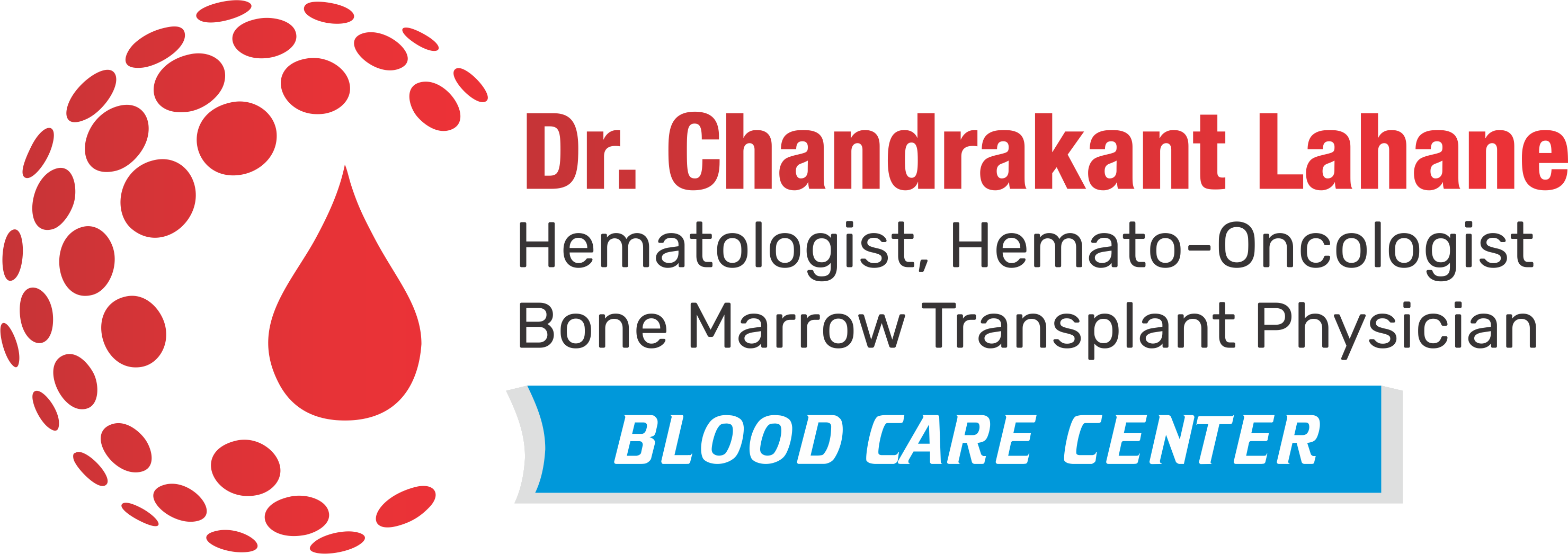
Iron Deficiency Anemia: Causes, Risk Factors, and How to Boost Your Iron Levels
Iron deficiency anaemia is one of the most common nutritional deficiencies worldwide, affecting millions of people. It occurs when your body lacks enough iron to produce sufficient red blood cells, leading to fatigue, weakness, and other health complications.
What is Iron Deficiency Anaemia?
Iron deficiency anaemia is a condition where the body doesn’t have enough healthy red blood cells due to insufficient iron. Iron is essential for producing haemoglobin, a protein in red blood cells that carries oxygen to tissues. Without enough iron, your body struggles to deliver oxygen efficiently, leading to symptoms like:
- Fatigue and weakness
- Pale skin
- Shortness of breath
- Dizziness
- Brittle nails
- Unusual cravings (pica)
Causes of Iron Deficiency Anaemia
Several factors can contribute to low iron levels, including:
- Inadequate Dietary Intake – Not consuming enough iron-rich foods like red meat, leafy greens, and legumes.
- Blood Loss – Heavy menstrual periods, ulcers, or gastrointestinal bleeding (common in conditions like haemorrhoids or colon cancer).
- Pregnancy – Increased iron demand for fetal development.
- Malabsorption Issues – Conditions like celiac disease or gastric bypass surgery can reduce iron absorption.
- Chronic Diseases – Kidney disease or inflammatory disorders can interfere with iron utilization.
Risk Factors for Iron Deficiency Anaemia
Certain groups are at higher risk, including:
- Women of childbearing age (due to menstruation and pregnancy)
- Infants and children (especially premature or low-birth-weight babies)
- Vegetarians and vegans (if not consuming enough plant-based iron sources)
- Frequent blood donors
- People with gastrointestinal disorders (e.g., Crohn’s disease, ulcerative colitis)
How to Boost Your Iron Levels Naturally
If you’re diagnosed with iron deficiency anaemia, here are some effective ways to increase your iron intake:
1. Eat Iron-Rich Foods
- Heme Iron (Better Absorption) – Found in animal sources like red meat, poultry, and seafood.
- Non-Heme Iron (Plant-Based) – Found in spinach, lentils, tofu, nuts, and fortified cereals.
2. Enhance Iron Absorption
- Pair iron-rich foods with vitamin C (oranges, bell peppers, strawberries) to boost absorption.
- Avoid calcium-rich foods, tea, and coffee with meals, as they can inhibit iron absorption.
3. Consider Iron Supplements
If dietary changes aren’t enough, your doctor may recommend iron supplements. Always consult a haematologist before starting supplements to avoid side effects like constipation or iron overload.
4. Treat Underlying Conditions
If blood loss or malabsorption is the cause, treating the root issue (e.g., managing ulcers or celiac disease) is crucial.
When to See a Doctor?
If you experience persistent fatigue, dizziness, or other symptoms of anaemia, consult a haematologist for proper diagnosis and treatment. Early detection can prevent complications like heart problems or developmental delays in children.
Expert Hematologist in Pune – Dr. Chandrakant Lahane
If you’re looking for the best haematologist in Pune for anaemia treatment, Dr. Chandrakant Lahane is a renowned specialist in blood disorders, including iron deficiency anaemia, thalassemia, and leukemia. With years of expertise, he provides personalized care for patients at leading hospitals in Pune.
